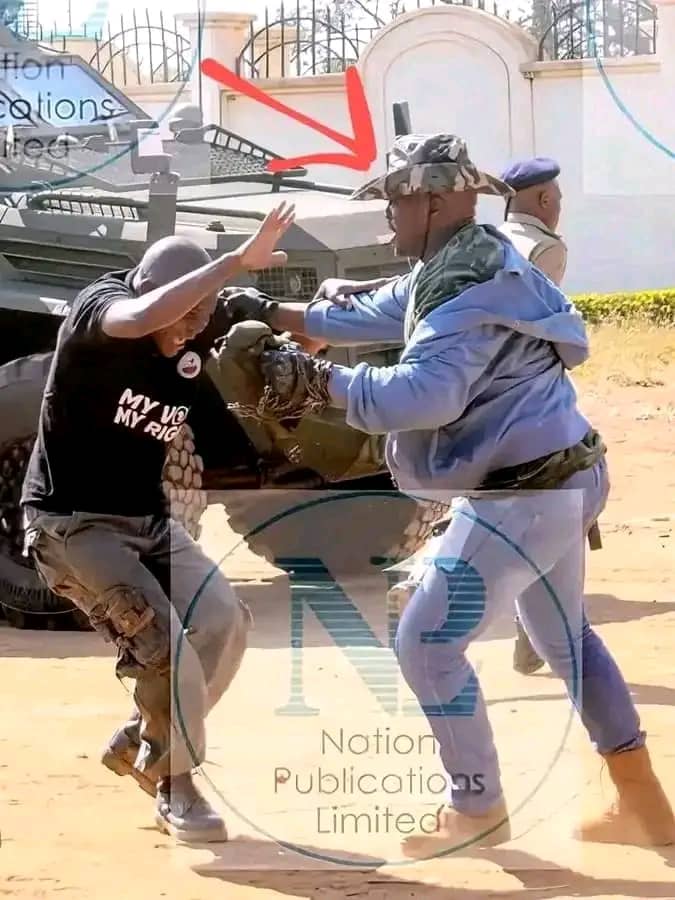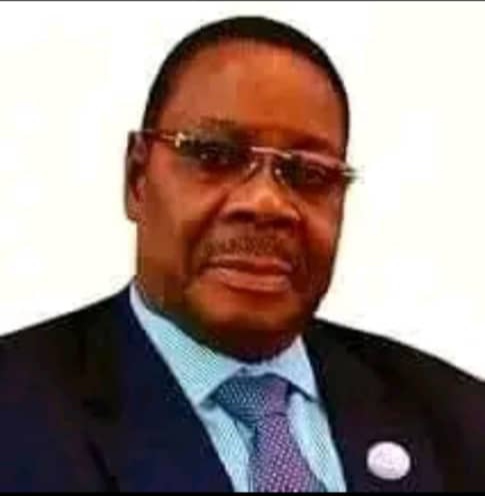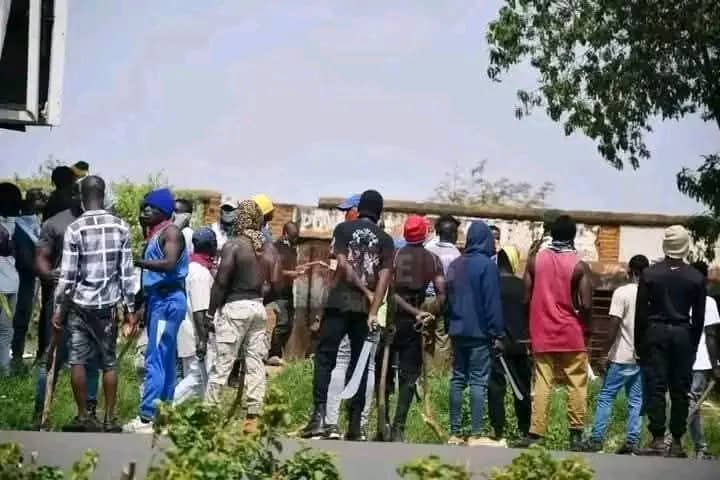By Burnett Munthali
The recent anti-Smartmatic demonstrations in Malawi have reignited serious legal and constitutional questions about the role and responsibility of the State in protecting its citizens during lawful protests.
At the heart of the concern lies the disturbing inaction by the Malawi Police Service and the Malawi Defence Force during violent episodes, where demonstrators, including Centre for Democracy and Economic Development Initiatives (CDEDI) Executive Director Sylvester Namiwa, were assaulted without adequate security intervention.
From a legal standpoint, this failure goes beyond operational oversight—it strikes at the core of constitutional rights and the obligations imposed on State security institutions.
The Constitution of the Republic of Malawi under Section 38 clearly guarantees every person the right to assemble and demonstrate peacefully, with or without arms.
This constitutional provision is reinforced by Section 32, which protects the right to freedom of association, and Section 37, which secures access to information—fundamental rights meant to empower citizens to hold their leaders accountable.
When these rights are threatened by violence and the State stands by in silence, it constitutes a breach of constitutional duty.
The Malawi Police Act, particularly Section 4, outlines the mandate of the Malawi Police Service as being to protect life and property, maintain law and order, and prevent and detect crime.
This means that the police are duty-bound to offer security to both protestors and bystanders alike, regardless of the political nature of a demonstration.
Section 103 of the Constitution further establishes that security organs must operate with neutrality, professionalism, and respect for human rights.
Therefore, when police officers fail to act in the face of clear threats or attacks on demonstrators, such inaction can legally be interpreted as dereliction of duty.
Similarly, the Malawi Defence Force (MDF), governed by the Defence Act and mandated under Section 160 of the Constitution, is expected to support civil authorities in times of national crisis, including when the police require reinforcement during violent protests.
If the MDF is informed and fails to deploy adequately in a situation where lives are at risk, it raises serious accountability concerns.
In the case of individuals like Sylvester Namiwa and others who were injured during the protests, there is legal recourse available.
They can file a civil lawsuit against the State for negligence, assault, and violation of their constitutional rights under the State Proceedings Act and the Constitution.
Such litigation can seek compensatory damages for physical injuries, trauma, and violation of rights—especially where evidence shows that State agents failed to intervene or protect.
Moreover, the victims may lodge a complaint with the Malawi Human Rights Commission, which has the power to investigate human rights violations and recommend remedial action or prosecution of those found to have abused office or failed in their duties.
The broader implication of this incident is the chilling effect it may have on civic engagement.
When citizens begin to fear for their lives every time they take to the streets, it undermines democracy and empowers authoritarian tendencies.
The silence or complicity of the police and army in politically sensitive protests sends the wrong signal to both perpetrators of violence and the broader public.
It is time for Malawi to have a serious legal reckoning with its security institutions.
Reforms must not only address operational readiness but also instill a culture of rights-based policing and accountability.
Training in handling protests, proper coordination between the police and MDF, and clear accountability mechanisms are urgently needed.
In the end, democracy cannot thrive in a climate of fear.
The law demands more from the State—not just in words but in action.
Failure to uphold these obligations is not just a moral failure—it is a constitutional one.




